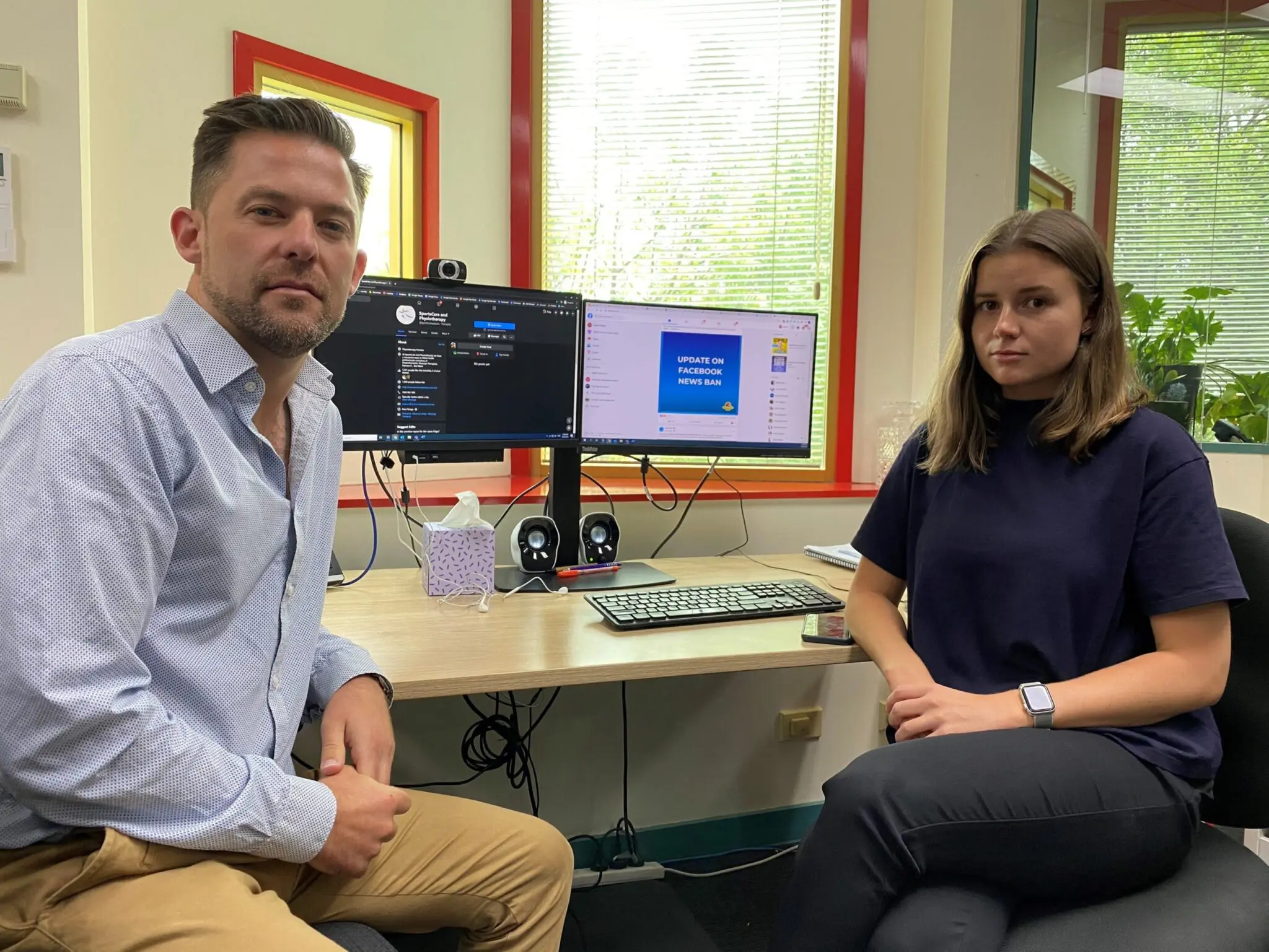UPDATE WED 24/02: On Tuesday 23rd feb – 6 days after this event – Facebook announced it would be switching local news sites back on after compromises were sought to the News bargaining code legislation. From an in-depth review of the effects of this event and what’s next see ABC NEWS: https://www.abc.net.au/news/science/2021-02-24/facebook-news-ban-experiment-australia-what-we-have-learnt/13183828
MEDIA RELEASE: WED 17/02 11:15AM AEDST
Canberrans have woken up with the rest of Australia today to find their Facebook accounts are starting to look very different to what they did yesterday.
The change has been brought about by the new media bargaining legislation in front of Parliament designed to force the search giants Google and Facebook to pay for search results from news-related organisations.
“It’s been an absolute shock to see the news content carnage that has ripped through social media this morning,” said Todd Wright, Director of Digital Marketing Agency, Threesides Marketing in Canberra.
“We have had 10 clients lose their content on their pages this morning with everything from a Physio, the Farmers Market and tourism destinations. Any business page that has shared content in the past has seemingly been affected.
“The impact on local businesses will be significant and not just for the news organisations. For organisations like our own in the PR and marketing space – we will be directly negatively impacted by these changes. Local content creators, influencers, small business owners are all going to be caught up in the backwash,” Todd continued.
“Facebook is part of an important local marketing networked ecosystem in which small and large businesses can help to tell their story and reach their community and customers. I employ full time staff to help manage our clients’ content and they will be out of a job if this legislation passes in its current form.
“This morning we have seen all of our local news providers go ‘dark’ – regardless of the size or ownership model of the company. We have seen other sites and organisations who provide ‘community information’ also get caught up in this round of changes. The ACT Government has had all their Facebook pages essentially ‘suspended’ overnight.
“We’ve done an analysis of different pages and we are seeing dark patches appear everywhere. Surprisingly, ACT Policing has remained live, and they share a lot of local policing news so there has been some sensibility prevailing here.
“The news media bargaining code has been built for the Federal Government to funnel money back to the big publishers, and it’s the small businesses and small news organisations that are going to suffer. Furthermore, this legislation is an old blunt tool being used to deal with a new, innovative technology and a market failure that has been brewing for years.
“You’ve never been able to share paid content on Facebook you’ve only ever been able to share free and open information. The fact that many news organisations have struggled to create a strong enough monetisation model from the traffic that search and Facebook has created should not be a reason to apply broad brush legislation to every part of our content sharing community.
“There have been absolutely no complaints from the smaller news and publishing platforms who have actually built Facebook into their strategy from the get-go. Using it for video, community debate, managing discussions and monetising their audience to pay for it. We support paying journalists for content and also support them using tools to engage their own audiences – but we don’t think this proposed legislation has been correctly structured.
“If you reduce the value of Facebook as a community information tool, you’ll see other things take its place but with significant fragmentation and far less checks and balances than you have now. Which will only make the problem worse. It does demonstrate you shouldn’t have all your eggs in one basket. You’ll see sites like Twitter come back into the frame, and LinkedIn start filling the void – so is the Government going to run out of fingers to stick into the holes appearing in the dam?” Todd continued.
“We have a policy of paying for our own agency news consumption with subscriptions to the mast head publications that we target for stories, we pay influencers engaged in PR campaigns wherever client budgets permit (and through our encouragement) and we don’t every year to support Wikipedia. information is not free and we support paying for Australian journalists and writers job wherever possible. There is no where in this legisaltion that provides any guarantees that any ‘paid content deals’ will go back to supporting australian journalist jobs and that is a blinding failure of this legislation in our opinion.
“I’d prefer the Government focuses on economic recovery measures from COVID-19 than deal with archaic legislation of which they haven’t thought through the downstream effects of,” Todd continued.
When asked what’s next, Todd said his agency predicts that this is a temporary outage designed to put pressure back on the Government to modify the legislation before it passes.
“With Google now working with publishers on their news showcase project, they have shown that there is a possibility to ‘come to terms’ in a non -legislated middle ground. Let’s share this on Facebook and see how it goes,” Todd concluded.

